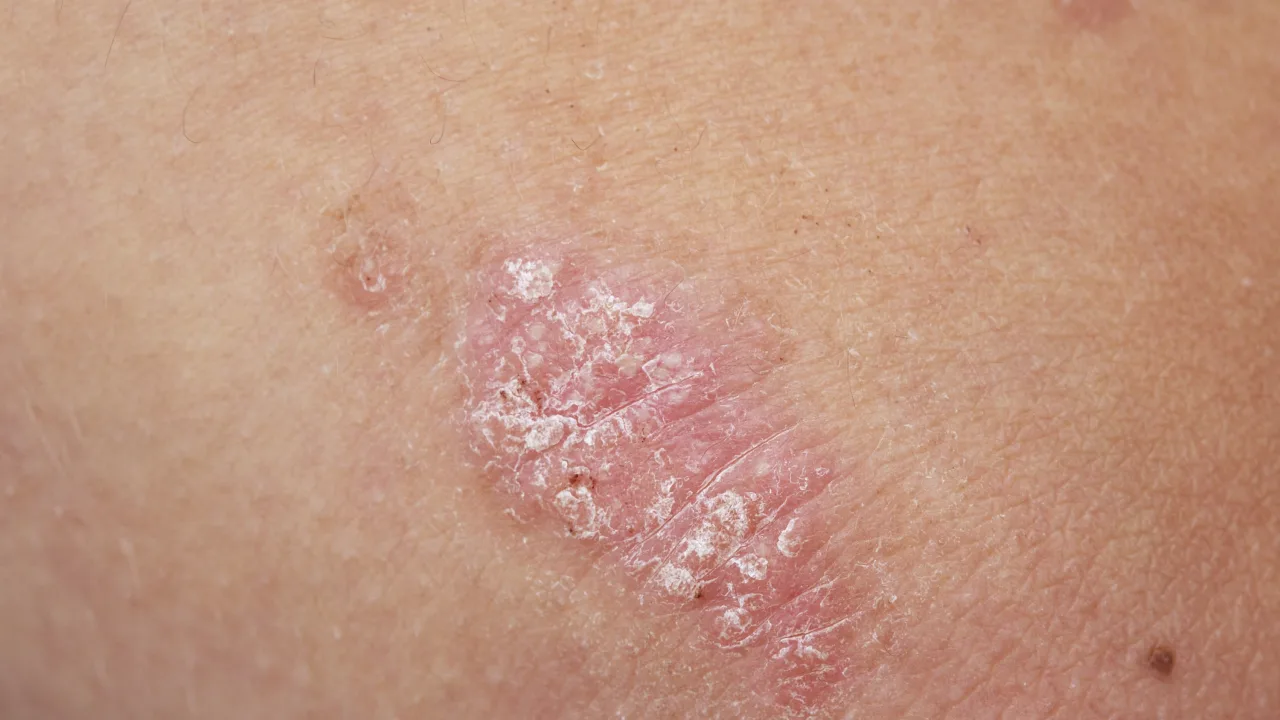
DiYES International School – The impact of psoriasis on children’s lives goes beyond the visible skin symptoms. Psoriasis is a chronic autoimmune condition that leads to the development of red, scaly patches on the skin. While it affects the physical appearance of the skin, the psychological and emotional toll it can have on children is often underestimated. As a parent, understanding how psoriasis influences your child’s life is crucial to providing them with the support they need.
Children with psoriasis often experience flare-ups that affect various parts of their body. The most common areas affected are the scalp, elbows, and knees. These patches are often itchy, painful, and sometimes even cracked, making everyday activities challenging. In addition, the visible nature of psoriasis can make children feel self-conscious about their appearance. They may avoid swimming, sports, or social activities to prevent others from seeing their skin.
The physical discomfort and the visible appearance of psoriasis can also lead to infections or secondary skin conditions. Scratching the inflamed skin can lead to sores, which may increase the risk of bacterial infections. Keeping the skin moisturized and following a treatment plan is essential in managing flare-ups and preventing further skin issues.
“Read about: What Parents Need to Know About Biliary Atresia in Children”
Children with psoriasis can face significant emotional challenges due to the visible nature of the condition. They may experience bullying or teasing from peers, which can affect their self-esteem and confidence. The stigma surrounding psoriasis can lead to feelings of shame, embarrassment, and isolation. Many children may also develop anxiety or depression due to the emotional toll the condition takes on them.
Parents need to help their children build resilience and teach them how to handle negative comments or experiences with others. Encouraging open conversations about how psoriasis makes them feel can help children process their emotions and reduce the emotional burden. It’s important for children to feel supported by their families and know they are not defined by their condition.
As a parent, you play a key role in helping your child navigate the challenges associated with psoriasis. First, ensure your child receives proper medical treatment. Dermatologists can prescribe topical treatments, phototherapy, or even systemic medications depending on the severity of the condition. By following the treatment plan and maintaining regular check-ups, you can help manage the flare-ups and minimize the discomfort your child experiences.
Additionally, fostering a positive environment at home is essential. Encourage your child to participate in activities that make them feel good about themselves, such as hobbies, sports, or creative outlets. Teach them about the importance of self-care, including moisturizing their skin and avoiding triggers that may lead to flare-ups.
“Read more: Fighting Child Sex Exploitation with Technology: The Thorn Initiative”
It’s also beneficial to connect with support groups for both parents and children with psoriasis. Sharing experiences with other families facing similar challenges can provide emotional support and practical advice. Support groups can offer resources, such as coping strategies and recommendations for managing the emotional aspects of psoriasis.
There are also numerous online communities and organizations dedicated to psoriasis awareness and advocacy. These resources can provide up-to-date information on treatments, research, and strategies to improve the quality of life for children with psoriasis. By staying informed, parents can better advocate for their child’s needs and ensure they receive the best care.
Maintaining a healthy lifestyle is important for children with psoriasis. While diet may not be the sole cause of psoriasis flare-ups, certain foods can help support overall skin health. Encourage your child to eat a balanced diet rich in fruits, vegetables, whole grains, and healthy fats. Omega-3 fatty acids, found in foods like fish and nuts, are known for their anti-inflammatory properties and may help reduce flare-ups.
It’s also essential for children with psoriasis to engage in regular physical activity. Exercise helps reduce stress and promotes overall well-being. However, children should be mindful of how their skin feels during physical activity. For instance, sweating can sometimes irritate the skin, so it’s important to wear loose-fitting clothes and shower after exercise.
Psoriasis can significantly impact a child’s life, affecting both their physical well-being and emotional health. As a parent, understanding the challenges your child faces and providing the right support is crucial. By working closely with medical professionals and fostering a positive, supportive environment at home, you can help your child manage their psoriasis and maintain a healthy sense of self-esteem.